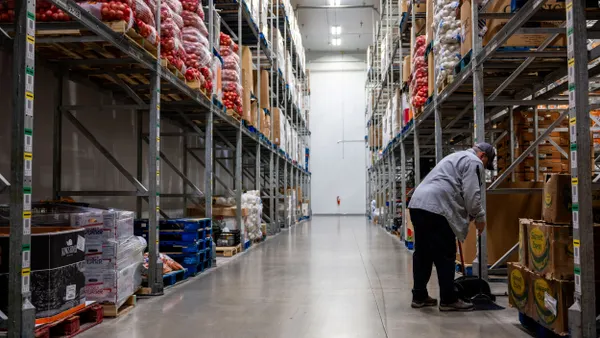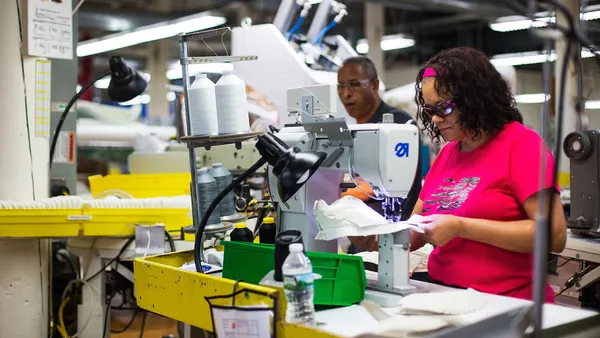The leisure and hospitality industries recorded the highest employee exit rates in early 2024, according to a July 9 report from law firm Schmidt & Clark.
Nearly 3 million people left their roles in leisure and hospitality between January and April, 204% above the national average quit rate.
The trade, transportation and utilities sectors came in second place, at 180% higher than the national average, followed by accommodation and food services.
“According to research, 20% of workers consider quitting their roles in America every day. With this in mind, business leaders must consider the reasons why people are contemplating resigning, including burnout, lack of progression, and fewer pay rises,” Schmidt & Clark said in a statement.
“This campaign has highlighted the industries most at risk in 2024, with leisure and hospitality taking the top spot, suggesting that relevant leaders within the industry, such as hotel managers, should take the time to examine workplace culture in the last half of the year,” the firm said.
Schmidt & Clark analyzed resignation rates across U.S. sectors based on U.S. Bureau of Labor Statistics data. Other industries with the top exit rates included professional and business services, private education and health services, health care and social assistance, retail trade, manufacturing, government and construction.
Meanwhile, mining and logging had the lowest staff turnover between January and April, with 50,000 total resignations, at 95% below the national benchmark. Other sectors with low quit rates included federal, real estate and leasing, information, private educational services, arts and entertainment, finance and insurance, state and local, nondurable goods and wholesale trade.
Although attrition rates appear to be stabilizing overall, about half of companies experienced a turnover rate of at least 15% in 2023, according to a Gallagher report. As retention continues to improve, employee experience and productivity may still need help, the report found.
But using technology to make up the gaps could cause more issues. A study from Washington State University found that using robots to close labor gaps in the hospitality industry could backfire and prompt more workers to quit, including both front-line employees and managers. The researchers recommended that employers communicate the benefits and limitations of new technology and emphasize the important human role that their workers play in the company.














